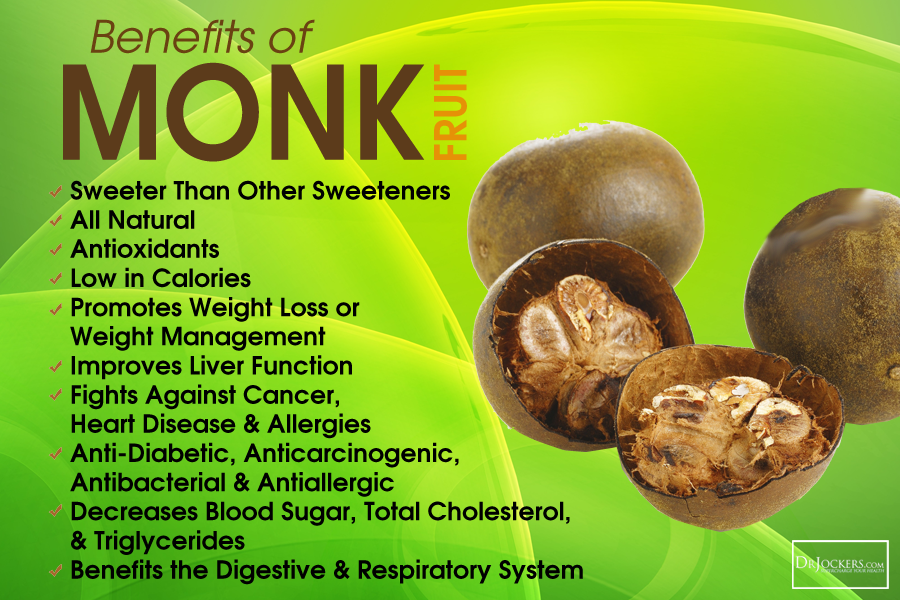
A decade ago most health-conscious consumers would prefer a soda or dessert made with stevia versus an artificial sweetener. The FDA does not recognise stevia as safe in its leaf or crude extract form.
Compared to the lets be brutally honest here awful.
Stevia vs monk fruit taste. Monk fruit and stevia are versatile. Both can be substituted for sugar in beverages smoothies sauces and dressings. Keep in mind less is more.
Monk Fruit vs Stevia. Which Sweetener is Right for You. The Natural Origins of Stevia and Monk Fruit.
One thing that Stevia and Monk Fruit each have in common is. The Shared Benefits of Stevia and Monk Fruit. The fact is both Stevia and monk fruit.
For instance some products with stevia actually only contain only about 1 of stevia and monk fruit may come from a plant however it must be processed to some degree to become a liquid or powdered sweetener. Regarding taste unlike stevia monk fruit doesnt have the intensely sweet after-taste which some people dislike about stevia. Both monk fruit and stevia in pure forms are rather expensive.
Stevia is great for drinks and making things like keto pancake syrups. Both of these natural sweeteners also have their own aftertaste. Erythritol being a sugar alcohol derived through a fermentation process is much more widely available and a cheaper source of sweetness.
You may not enjoy the taste texture or aftertaste of monk fruit compared to sugar. Pros and Cons of Stevia. Much like monk fruit stevia is a non-nutritive sweetener.
It contains no calories. There are a dizzying array of products within the monk fruit and stevia realms. Processing versatility and taste are important factors to consider too.
So how do you know which lower-calorie sweeteners are right for you. This article will clear up the confusion between monk fruit and stevia. Monk Fruit versus Stevia Monk Fruit.
Firstly monk fruit is an actual fruit. Its a small melon-like fruit that is grown in Southeast Asia. The fruit gets its name from the Buddhist monks in the 13th century who were the first to use the fruit.
Monk fruit doesnt store well so it is usually dried before being used to sweetened drinks desserts and other sweets. Unfortunately since monk fruit and stevia arent widely produced they are expensive compared to other sweeteners as mentioned in Healthlines side-by-side comparison of the two. Keep in mind that monk fruit and stevia have distinct flavors different from that of sugar so they wont necessarily appeal to everyones sweet tooth.
I just tried monkfruit sweetener and WOW it is by far the best sugar substitute i have encountered. Usually i cant stand artificial sweeteners including stevia for some reason to the point of getting nauseous with some of them. It has something to do with the aftertaste they leave.
But monkfruit sweetener tastes extremely similar to sugar. Like monk fruit stevia is generally more expensive and less widely available than sugar and some other sweeteners. Some people find that stevia.
2nd place Lakanto Golden Sweetener. 1st place Lakanto liquid extract. A decade ago most health-conscious consumers would prefer a soda or dessert made with stevia versus an artificial sweetener.
Then came monk fruit. In China its called luo han gou lo han. Compared to the lets be brutally honest here awful.
Monk fruit is referred to as a strong rival to stevia a fellow natural sweetener. Both are commonly used in new products rather than replacing sweeteners in existing products. However monk fruit extract has several advantages over stevia.
No bitter taste is left behind after consuming monk fruit extract so this sweetener is more versatile. One thing that Stevia and Monk Fruit each have in common is that theyre derived from natural sources rather than man-made. In the case of Stevia a Stevia plant exists and natives have chewed on its leaves for centuries.
Monk fruit on the other hand is native to China and Thailand and. Stevia sweeteners are made from the stevia plant and have been used for centuries just link monk fruit. Stevia is more than 200 times sweeter than regular sugar.
It also has no calories and is considered a non-nutritive sweetener just like monk fruit. The FDA does not recognise stevia as safe in its leaf or crude extract form. Personally I find monk fruit to have less of an aftertaste and to be less sickeningly sweet compared to stevia and it also doesnt seem to bother my stomach in the same way that stevia does.
Stevia is known to cause gas and bloating in certain individuals because of the way it is broken down by bacteria in the colon Virga confirms. Stevia is even sweeter than monk fruit which is already 150-250 times sweeter than table sugar. Are you allergic to any member of the gourd family.
Monk fruit vs stevia is a good place to start with finding your perfect sweetener because both are natural and calorie-free and both have largely the same disadvantages. Assuming youre not allergic to stevia its going to be more widely available than monk fruit which is certainly a benefit.